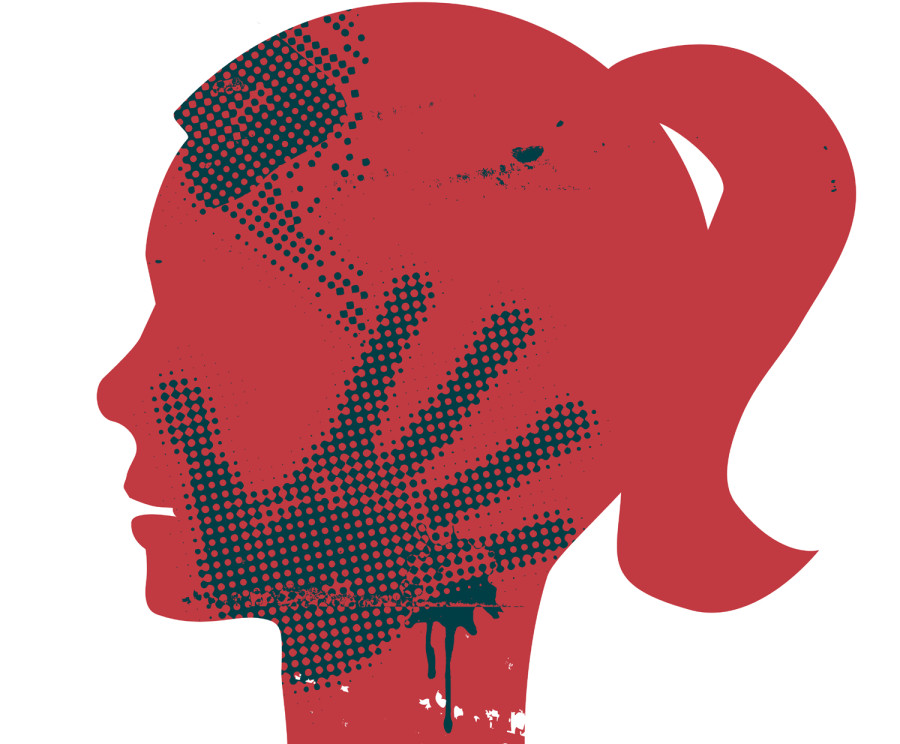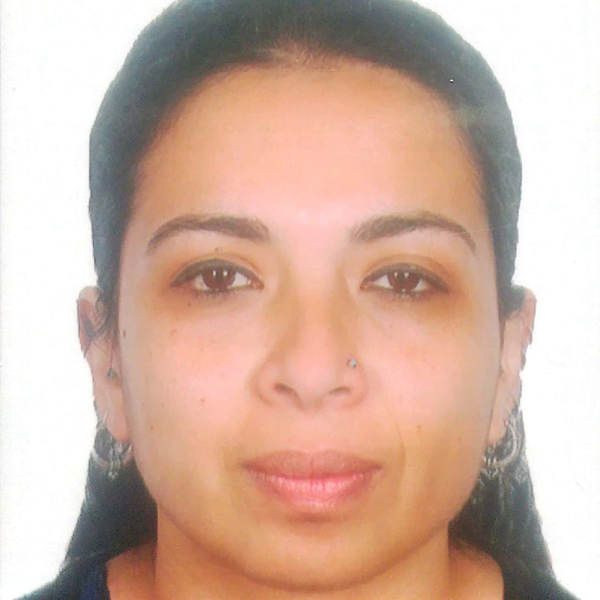Columns
The unending horror of gender-based violence
Unless we question the very fabric of our social norms and destroy them one by one, nothing will ever change.
Pooja Pant
A book is launched containing 11 poems written by survivors of rape and sexual violence during Nepal's 10-year 'People's War'. I am still trying to make sense of who the 'people' are. Rashmi was 10 years old when she was stopped in the middle of a quiet path as she walked home from school. Taken aside for 'questioning' she was brutally gang-raped. Who are these 'people' whose war turned women's bodies into a battlefield? Who are these 'people' that abandoned these women who were brutalised in the name of their war?
Rashmi is one of the 11 women who told her story; stories they have not shared with other people. Stories they are so afraid of that they kept them tightly hidden inside their chests not knowing when they will explode. A few days ago, there was an article in the newspaper about Nepal's #MeToo movement, the lack of support for the victims and instead support for the alleged perpetrators of Mandala Theatre. A well too common story about people believing the powerful perpetrator and continuing their support and adoration for them while victimising the not-so-powerful survivor. Violence against women has not only been endorsed but actively supported by a patriarchal society. When women get oppressed by members of our own families, we are taught to not fight back but tolerate it silently. Apparently, that’s the true nature of women. To tolerate violence and silently allow men to rape us, beat us, and many times, kill us.
Devi Sunuwar’s story is a classic case. The army came to her house because she dared to speak out against the rape and murder of her niece Rina Rasaili. They came to threaten her, to silence her; and when they didn’t find her at home, they took her 15-year-old daughter Maina instead. Maina’s brother and father were there in the house at the time. They didn’t want the men. The young girl was forcefully taken and killed during torture at the army camp. They tried to silence a woman who dared to speak out by using her daughter’s body as a tool of war.
An interconnection between conflict-related sexual violence and non-conflict sexual violence needs to be made. This is often ignored by women's movements, non-governmental organisations, and campaigns against rape and sexual abuse. Conflict-related sexual violence does not occur in isolation. It is part and parcel of the very fabric of this patriarchal society that we live in. Men are often given impunity to emotionally, physically and intellectually violate a woman.
This speaks volumes of the make-up of our social fabric which questions a victim rather than the perpetrator. As rights activists, unless we tackle the entire issue, unless we question the very fabric of our social norms and destroy them one by one, nothing will ever change. The story of Nirmala Pant is very much tied to the story of the unnamed 11 women. It is the culture of impunity that allows men to rape and abuse women continually. It is the culture of impunity that allows men to harass women in public space, in the workplace, and get away with it. Because they see that no one will punish them.
When there have been cases of brave women who dared to speak out, they are often torn apart, and what little dignity they have remaining will be denied. Or as in the case of many conflict-related sexual violence cases, women are forced to stay silent because apparently their bodies were sacrificed for the greater cause of humanity. The war being a justified reason to be raped, pillaged and abused.
Now, the declared war is over. But the victims are still looking for justice. At the same time, the patriarchal society continues its crimes and violations against women every day, as life is an undeclared war. How long will this war continue? When will it end? Who will end it? Our society is not even ready to discuss such questions yet. Will women finally get justice after hundreds of years of oppression? Or will we have to wait for another war to liberate us?
***
What do you think?
Dear reader, we’d like to hear from you. We regularly publish letters to the editor on contemporary issues or direct responses to something the Post has recently published. Please send your letters to [email protected] with "Letter to the Editor" in the subject line. Please include your name, location, and a contact address so one of our editors can reach out to you.




 11.12°C Kathmandu
11.12°C Kathmandu















